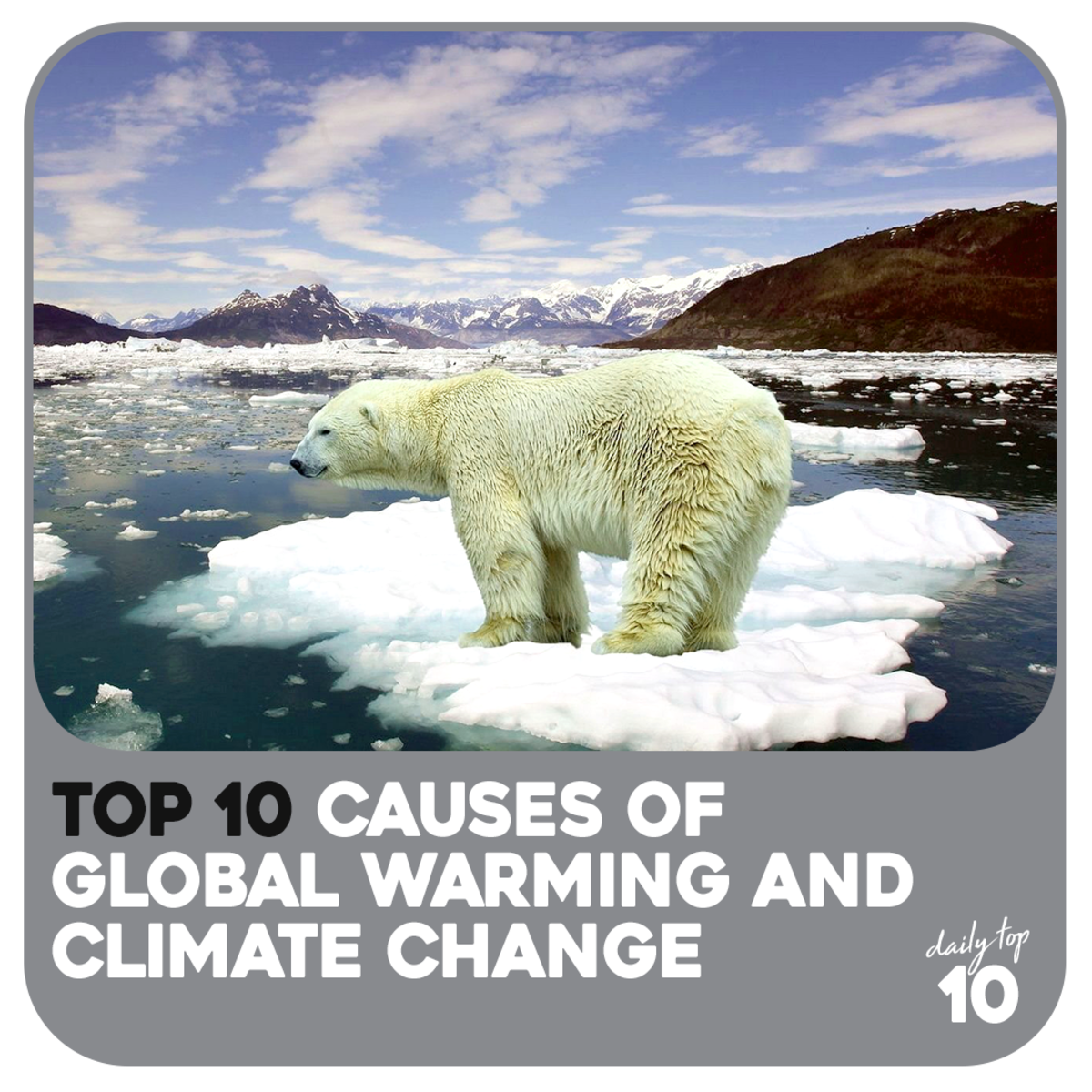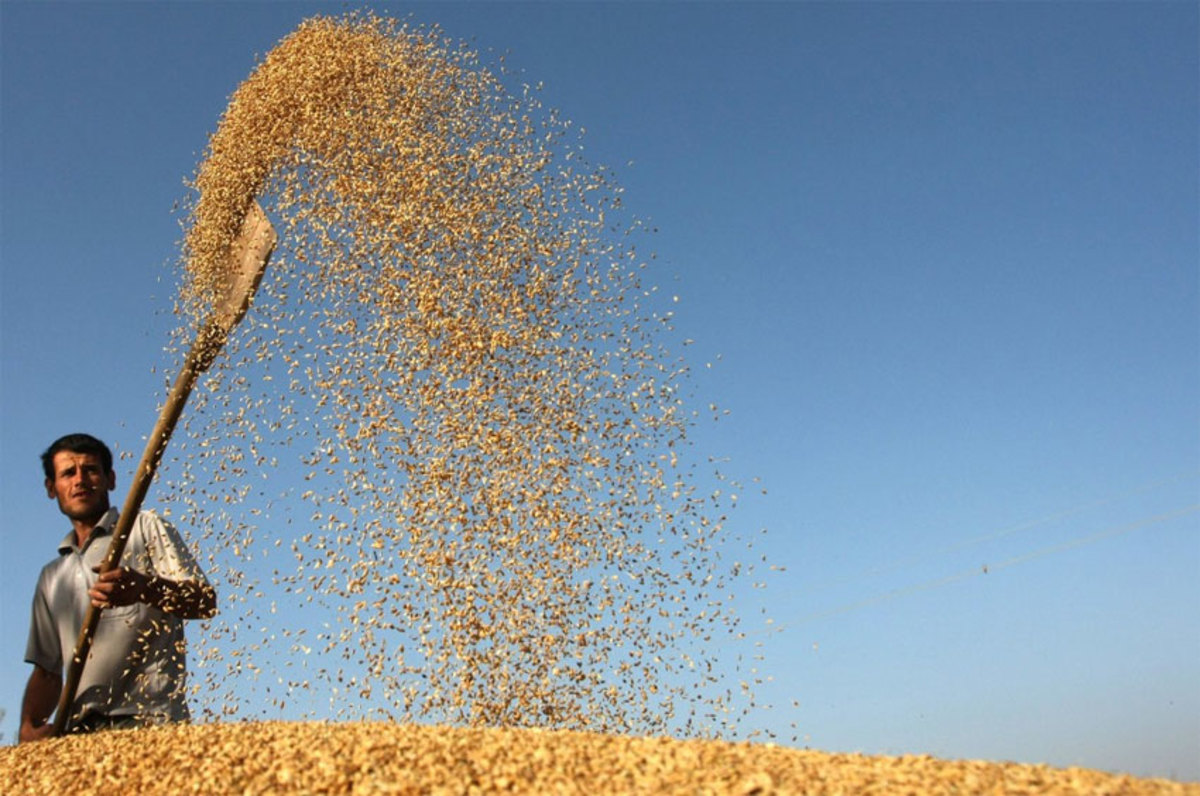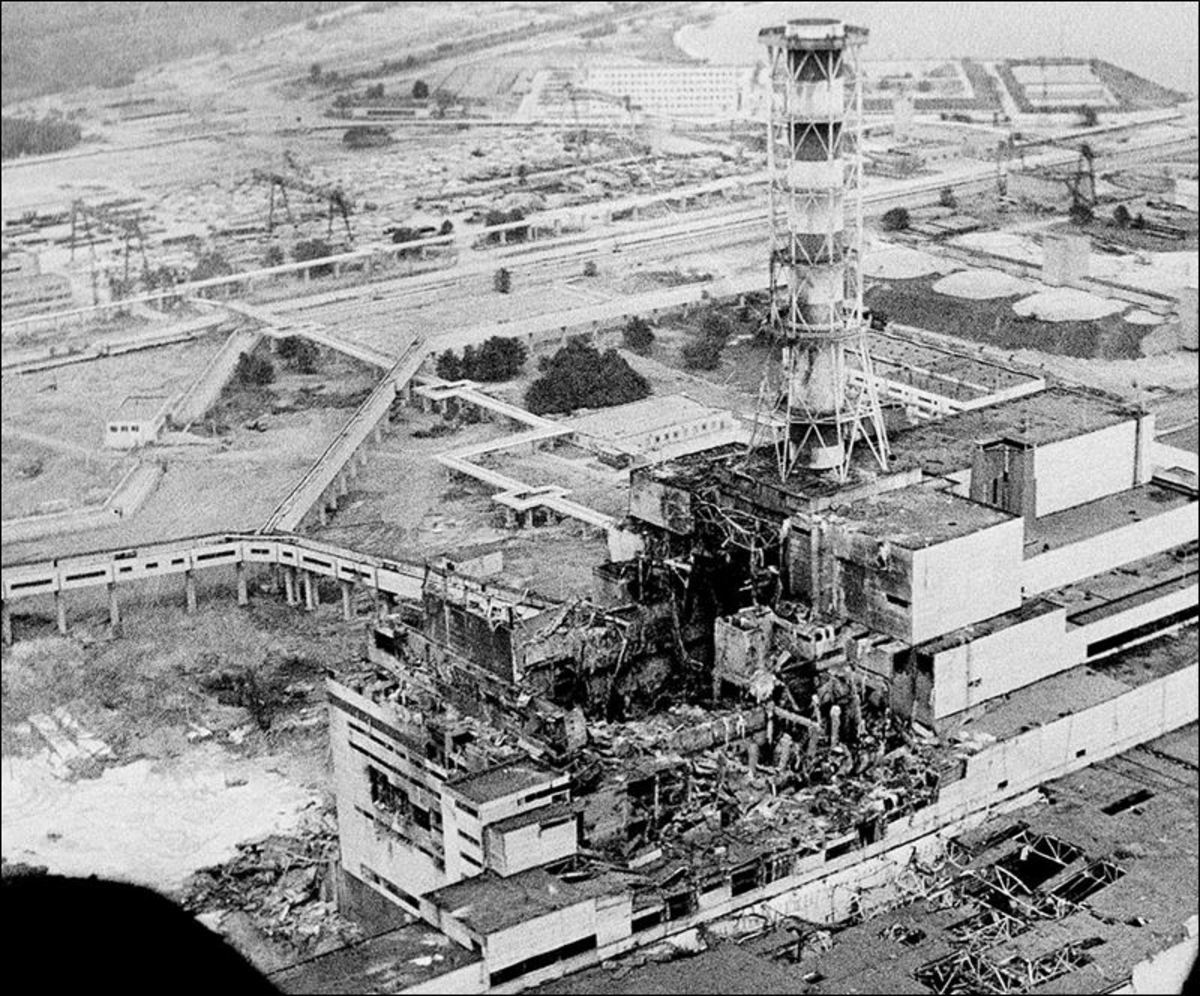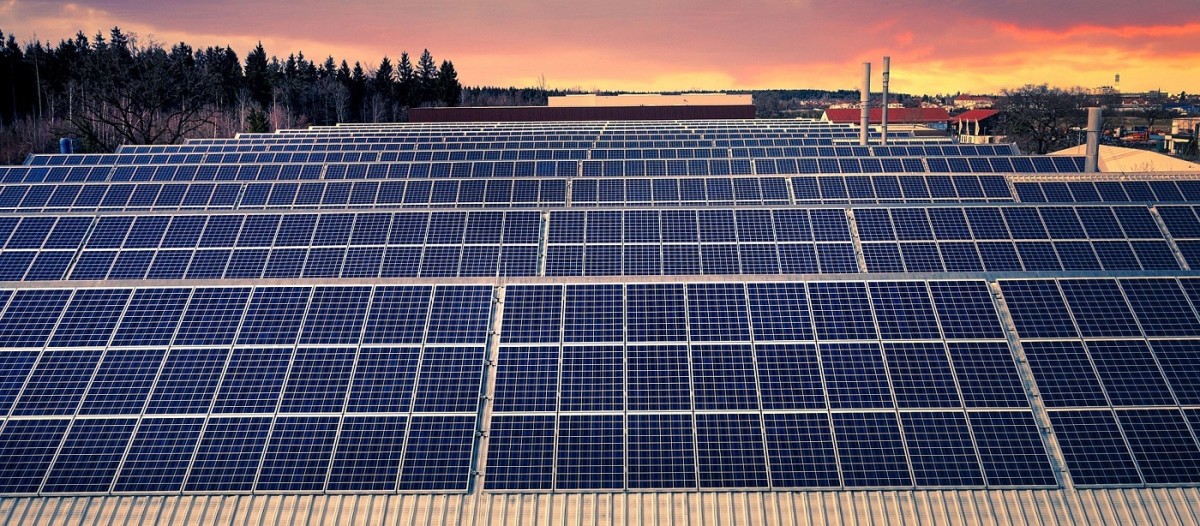Explaining Peak Oil
Hubbert’s Peak
Peak oil is seen by many oil experts and economists as a major threat to the stability of the global economy and social structure. In 1956, M King Hubbert developed models that correctly foretold that between 1965 -70 oil production in the United States of America would reach a peak and then decline. This model known, as Hubbert’s Peak has proved to be acceptably accurate in forecasting the rise and fall in production for oil-fields both regionally and nationally.
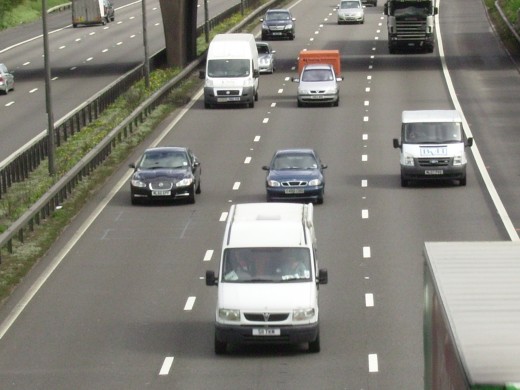
The reliance of western economies on oil
Most of the important component activities of an industrialised nation such as the UK are dependent on the use of oil. For example, most forms of mechanical transport rely on oil for fuel or lubrication. Therefore, what is produced in factories or farms and then sent to the marketplace uses oil for transportation and probably in some stage of the production. Even the extraction of other fuels such as coal or gas will use oil at some stage for either production or transportation.
Oil is also used in pesticides and fertilisers to help grow food which will need to be packaged using oil derived products and transported using petrol or diesel. We use oil for heating homes, as well as in the building of factories, shops, houses, offices and building of all purposes and in the construction of roads.
Oil has been such a cost effective part of many products and activities that we take it for granted today and its versatility has made it indispensible to industrialised societies and around 80 million barrels used each day
Peak oil and climate change
The bad news is that lurking just around the corner is a crisis. In fact there are two because climate change is in process and so too is peak oil and the two are inextricably linked. When oil and gas are burnt carbon dioxide is released into the atmosphere which increases global warming.
In the past oil was extracted from the most easily accessible sites such as those found on land in places like Texas or Saudi Arabia, but as demand increased and established fields gave less yield, prices rose. With the world’s human population increasing and with demand for oil growing and prices rising, less accessible places such as those in the oceans in the North Sea or the Gulf of Mexico became more cost effective options to meet demand.
With the fast emerging of newly industrialises nations with huge human populations such as India and China, demand for oil began rocketing along with its burning, which in turn adds more carbon dioxide into the atmosphere increasing the greenhouse effect and climate change.
People everywhere have an inbuilt desire to improve their living standards and that desire is manipulated by commercial interests that fuel a want for more and more gadgets and devices that are not really necessities but presented as such and in turn perceived as such. So more and more goods are demanded requiring more and more oil to produce and move them.
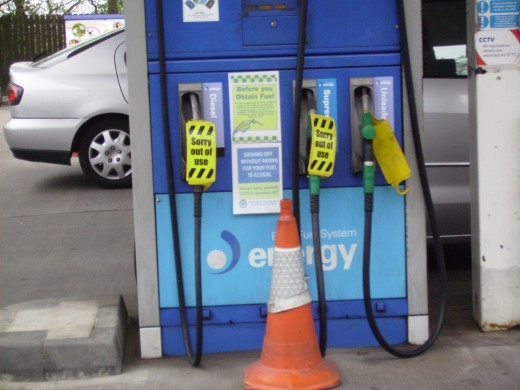
When oil production peaks
An oil field has only a limited quantity of oil that can be extracted and once production peaks then it falls off. With oil production in some fields peaking oil-producing countries have tried to limit production of oil, but limiting production often caused price rises which in turn caused many countries economic difficulties. When roughly half of the recoverable oil a field contains has been extracted what remains is of lower quality, slower flowing and expensive to extract and declining in quantity.
Peak oil is when all of the known global oil fields reach that peak and start to decline in yield. But because many fields have different oil reserves and started production at different times and it is difficult ot be specific when the world’s total oil production will peak though individual it is easier to identify when individual fields will peak. Nevertheless, peak it will and the consequences for industrialised nations and even those who are not are dire indeed.
New oil fields are being discovered at a much slower rate than the rate it is being consumed so inevitably, oil will run out. But the crisis will come before that as total world production peaks and then falls while demand rises and so will the price putting the economies of oil-dependent countries under pressure.
Many world oil experts predict that world peak oil will occur between 2010 and 2020 though economic recession could postpone this, but it will happen. Some experts think that oil has already peaked, or may peak sooner. It is very clear that sooner or later, willingly or otherwise, the industrialised nations and the rest of the world will have to find a way of living without oil and in turn, coal and gas as they also have limited reserves which will in time also peak.
Taking action
There is a real and urgent need for action by the world’s political leaders and organisations like the United Nations to begin to show an awareness of the inevitable situation and begin to show strong leadership and direction on these issues. Peak oil and climate change will affect every man woman and child on the planet, there will be no escape.
The challenge of how a society can function will require major changes to the thinking and behaviour of every one. Many businesses will simply cease to operate, other will have to drastically change their practices, and new enterprises will spring up that exploit or utilise the new situation in some way
Changes to society
It will also mean that societies have to rearrange their values and practices and there may well be changes to the social order. This may well sound frightening but humans lived in societies before the Oil Age which itself takes up a small piece of the human timeline. Humans are also enterprising and adaptable and will certainly find ways to survive and even thrive in the new situation.
Peak oil will affect the livelihood of whole countries, cities, towns and villages. For example many people work outside their immediate neighbourhood using oil-fuelled transportation to get to their places of work at present. There will be a need for other forms of energy to power transport, or people will have to find work nearer home.
Another example is where products such as food are grown in one place and then transported great distance by various means and often round the world using oil powered transport. This will be unviable and there will be a need to grow food locally for local consumption to save on transport.
Indeed, many other goods and products that were once transported great distances will need to be produced and distributed locally. This may well cause problems for small farmers and craftsmen in many Third World countries who have come to rely on the Fairtrade scheme for marketing their products to the western world. Somehow ways will need to be found to help them, perhaps by helping to develop local markets though in such places money to buy goods is scarce.
With many activities such as the growing of food there are techniques, knowledge and technology already in existence and increasingly being used and developed further that will help. But the real challenge will come in persuading humans and human organisations such as governments and businesses that may have vested interests in fighting changes that will affect their power or profits.
Many people may not understand the need for such changes to their lifestyle especially when some changes may mean a lowering of modern day living standards and changes to their working life and this may result in social unrest.
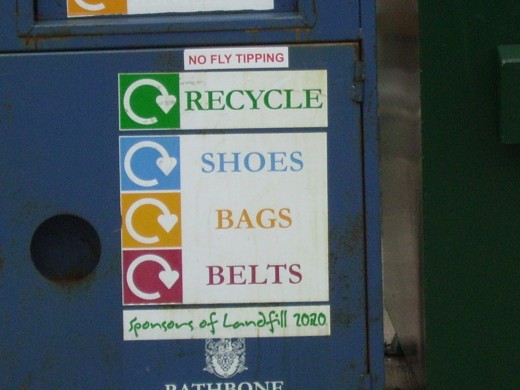
Facing up to peak oil
On a positive note, there is a steadily increasing use of renewable energy such as solar and wind power and the use of better insulation to conserve energy and save on energy costs. Appliances and machines are being made to use less energy and there is an increasing practice of recycling materials. There is also an increasing use of Permaculture techniques and practices to create sustainable agriculture, and living environment for humans.
If governments take the threat of peak oil seriously enough and act in time then disruption to economies and social systems may not be as acute or painful with a controlled transition - but will they?
References
- About Peak Oil | ASPO International | The Association for the Study of Peak Oil and Gas
Understanding Peak Oil, By Colin J. Campbell - Peak Oil News and Message Boards | What is PO?
Peak Oil News and Message Boards is a community and collaboration portal about energy-related topics. Peak oil theory and diagram. - The Fairtrade Foundation | Fairtrade - FAQs
The Fairtrade Foundation is the UK charity behind the FAIRTRADE Mark and works to empower disadvantaged producers by tackling injustice in conventional trade. - P E A K O I L | Lecture
Presentation at the Technical University of Clausthal by C.J.Campbell, December 2000



